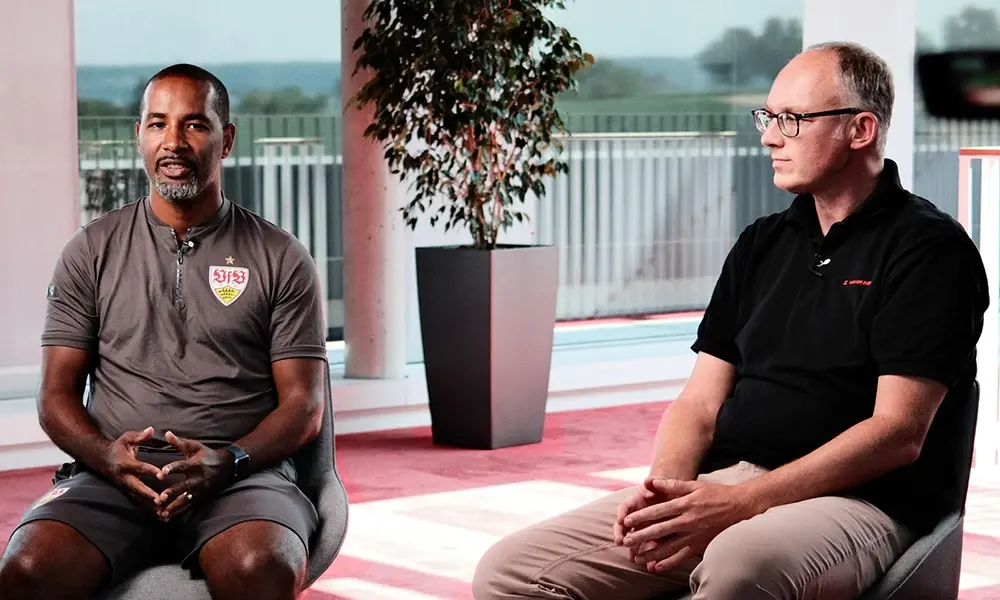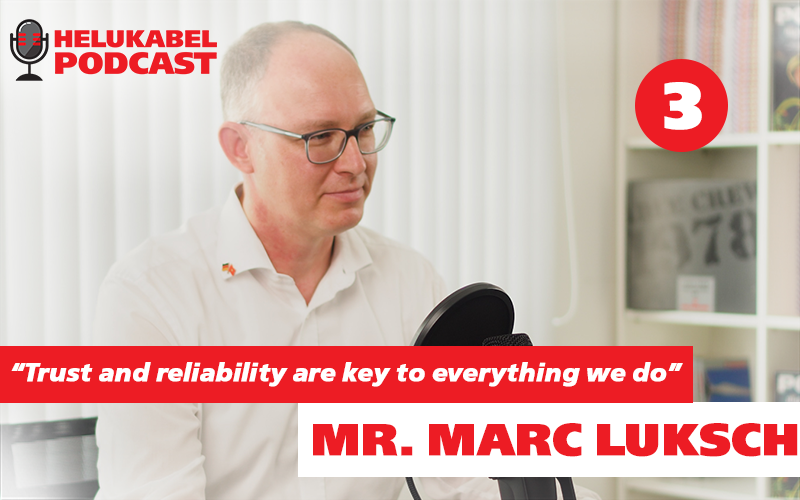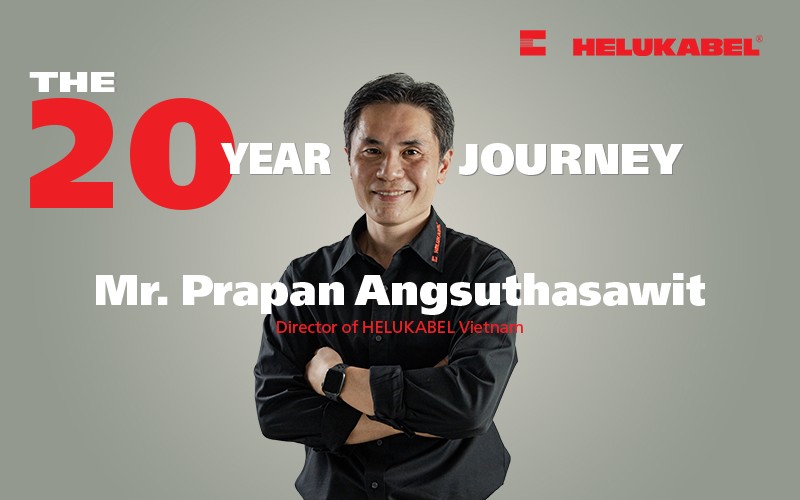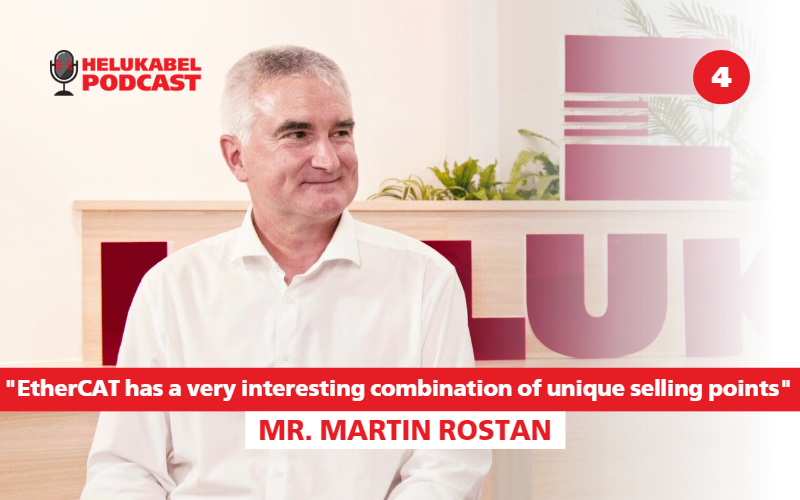Interview with Marc Luksch and VfB Legend Cacau
Our HELUKABEL Managing Director and the ex-football pro speak about similarities between business and competitive sports

Business development and professional football... What do these have to do with one another? More than you would think! For both, integration, team spirit, and the will to constantly improve are decisive factors for sustainable success. We spoke with two leaders with vastly different perspectives on this topic: Marc Luksch, Managing Director of the HELUKABEL Group, and Cacau, former member of the VfB Stuttgart the German national team.
You can find out what exciting things they had to say in our four-part video interview, which is now available on our YouTube channel – or right here:
Uh, a healthy mix between down-to-earth attitude and ambition plays an important role. That’s why this combination is also a very good foundation for being well received and accepted.
Question: Cacau, how were you integrated at VfB Stuttgart as a young player, and what helped you with that?
I still remember it clearly — back then I left Nuremberg, the team had just been relegated to the second division, and VfB Stuttgart surprisingly qualified for the Champions League right away. For me personally, that was a huge leap. What helped me a lot was that I already had some friends or people I knew, like Marcelo Bordon, who also spoke Portuguese, and Kevin Kurányi, who was also there at the time. It definitely makes it easier when you speak the same language — when you have something to hold on to. And the openness of the team toward me — of course, for some I was competition, a new player coming in to fight for his place — that’s normal.
But this general openness really helped — from the team, and also from myself — to open up to this new team, to let them have an influence on me, and at the same time to have the ambition to influence the team as well. Because one thing is clear: without my ambition, without the goal of being successful, the team wouldn’t have accepted me as well, especially from a sporting point of view.
So, I think openness from the team but also from oneself is very important.
Question: How do you gain the trust of others as a new team member in a well-rehrearsed team and how can you assert yourself in an existing hierarchy?
What I’ve always learned and experienced — whether when I came to Germany or moved from smaller clubs in Brazil to better ones — is that quality matters. If you show that you can do something, that you’re an expert, or that you can perform when it counts, then you’re immediately respected and accepted.
Beyond that, I believe there’s a human component — that healthy mix between being grounded and ambitious plays a key role: being grounded means respecting hierarchies, approaching people, asking questions; but also having the ambition to get better, to grow, to find and enable new paths — and to show that this strength is important for the team and for the organization.
That’s why this combination is a very good foundation to be well received and accepted.
Question: Was there ever a moment in your career when you felt: now I’ve really arrived?
Yes. When I think about my beginnings — I came from Brazil, from a very simple and poor family. I took the risk of coming to Germany, went through many challenges, and was then able to play in Nuremberg — first for the second team, then for the first.
And when I managed to play my first Bundesliga matches and scored my first goals, that was the moment I thought: “Okay, now I’ve arrived in Germany. I’ve arrived in the Bundesliga. I can keep up. I can contribute to the team’s success.” And that was the moment I said to myself: “Now I’m here.”



